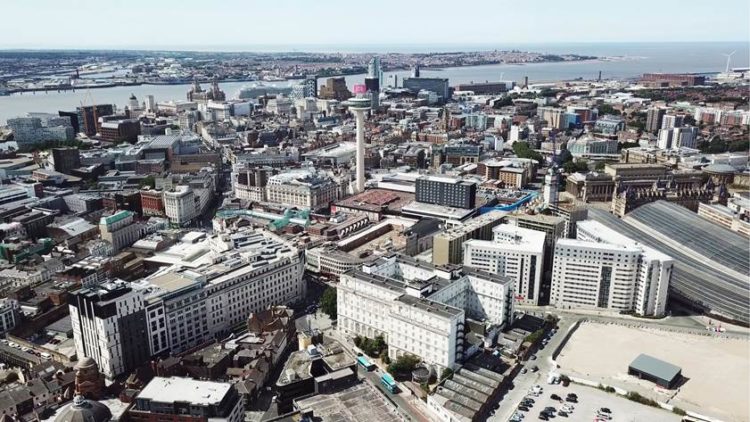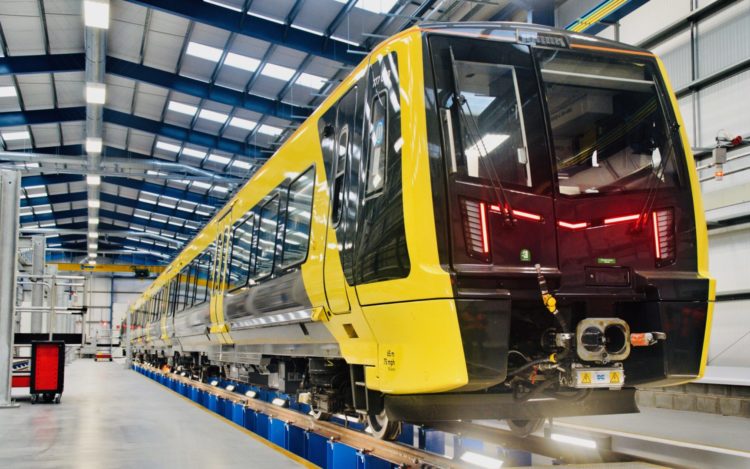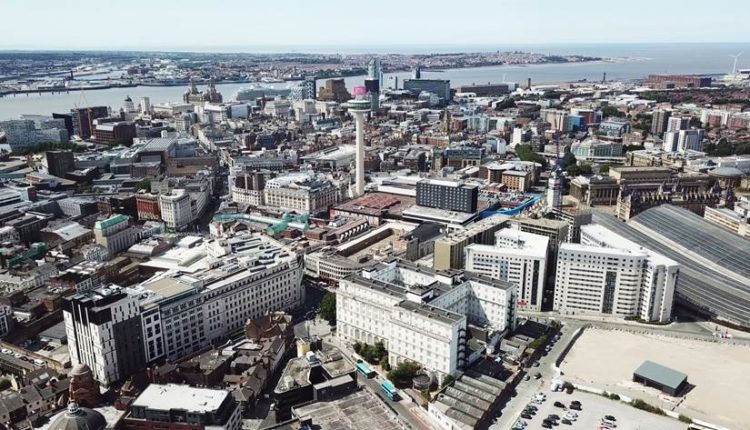National charity The Health Foundation has published analysis on health and economic inequality in Liverpool city region and says the new Metro Mayor must put it at the top of the agenda. Tony McDonough reports

A leading national charity is calling on whoever is elected as Liverpool city region’s new Metro Mayor has to put tacking health and economic inequality top of the agenda.
As voters in Liverpool, Wirral, Sefton, Knowsley, St Helens and Halton prepare to head to the polls on Thursday, May 6, The Health Foundation (THF) has published analysis highlighting “major inequalities” across the city region’s 1.6m people.
The analysis looks at key areas that contribute to people’s health and are within the influence of city region mayors – including work, training, housing, transport and the environment.
It identifies employment and transport as key areas where the Liverpool city region is lagging compared to the rest of the country and which present an opportunity for the new Metro Mayor to take action to improve people’s health.
Current Metro Mayor, Labour’s Steve Rotheram, is the favourite to win the election which was delayed by a year due to the COVID-19 pandemic. Also on the ballot will be Jade Marsden (Conservatives), Andy Corkhill (Liberal Democrats) and Gary Cargill (Green Party).
READ MORE; Next Metro Mayor must prioritise small businesses
THF’s study shows that women’s healthy life expectancy in the Liverpool city region is 3.8 years lower than in England as a whole and within the city region these differences are even more pronounced. It reveals women in Wirral typically live almost 6.2 years longer in good health than women in nearby Halton (63.7 v 57.5).
Employment was a challenge before the pandemic, with the Liverpool city region employment rate at 73.6% in 2019/20 – 2.6 percentage points below the national average.
And employment rates were particularly low in Liverpool at 69%. Since the start of the pandemic, the Liverpool city region has seen an increase of 3.7 percentage points in unemployment benefit rates in the year to March 2021, slightly lower than the 4 percentage point rise for all of England.
Within the region though the highest increases were in Liverpool (5 percentage points) and Knowsley (4.2 percentage points).
THF says that to ensure the recovery from the pandemic supports health, whoever is elected on Thursday will need to not only boost employment but also ensure the jobs being created are of high quality, reducing the stress and financial strain lower paid insecure work can bring.
On transport, the analysis also shows that only 32% of the Liverpool city region population walks or cycles at least 5 times a week, lower than the average of 36% for England as a whole. Local areas of St Helens (28%) and Knowsley (29%) had the lowest walking and cycling rates.

It says Mayoral powers over public transport provide an opportunity to improve both physical and mental health – through better system design that promotes more active travel opportunities but also reducing air pollution and providing reliable and affordable connections to services and employment opportunities.
During his tenure as Metro Mayor, Steve Rotheram has pushed to create a London-style integrated transport network that would include a reverse of bus deregulation, but admits “significant investment” would be needed from Government. He has overseen the £460m investment into new Merseyrail train fleet and looked to increase cycling infrastructure.
David Finch, senior fellow at The Health Foundation, said: “The new Metro mayor will have a significant power over many aspects of the lives of the 1.6m people living in the Liverpool city region.
“Work, skills, housing, transport and the environment all play an important role in determining our health. Our analysis finds that employment and transport are particularly problems for people in the Liverpool city region compared to England as a whole.
“These are key challenges that the newly elected mayor will have to grapple with if they are serious about improving the health of their constituents.
“The pandemic has shone a spotlight on the extent of health inequality in the UK with those living in the poorest areas having been impacted more severely by the virus. The pandemic recovery provides an opportunity to address the conditions that mean a woman in Wirral will live 6.2 more years in good health than one in Halton.”

